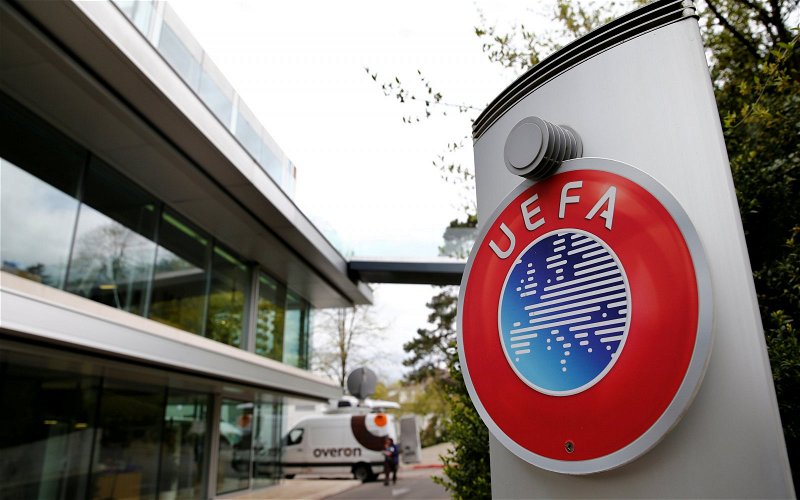Postecoglou is on his way. Celtic is locked into this wholly ridiculous appointment, with this board and its record of picking managers not even slightly in doubt that their judgement is five-by-five.
A lot of our fans are getting behind it I think because they don’t know what else to do.
I get the impression that there is no appointment so absurd that some of them would not try to find some silver lining in it somewhere. If we hired Pedro Caixinha they would tell us “well he hates them and has something to prove.”
But there’s only so much glitter in the world, and even if you used it all you wouldn’t pretty this up for those of us who can see it’s already a disaster in the making.
This issue, which this site broke the story two days ago, concerning his lack of a European Pro License, is the latest thing to be dismissed as a minor matter and not worthy of our concern.
Yet this isn’t a minor matter at all, and it’s a big concern.
There are four precedents I want to go over in this piece, and all of them are applicable to this situation. One involves someone who had the qualifications but about whom there is much confusion and even misinformation.
The other three didn’t have the license.
In all three cases the clubs involved tried a workaround solution.
In two cases it ended disastrously.
In one case it didn’t. But that shouldn’t bring us any succour because in that case we might just have the best precedent for where we are at the current time.
So without further ado, let’s have a look at the four cases which are the best representatives for what we can expect now that the facts are known and we’re changing in regardless.
“Steven Gerrard Didn’t Have A License …”
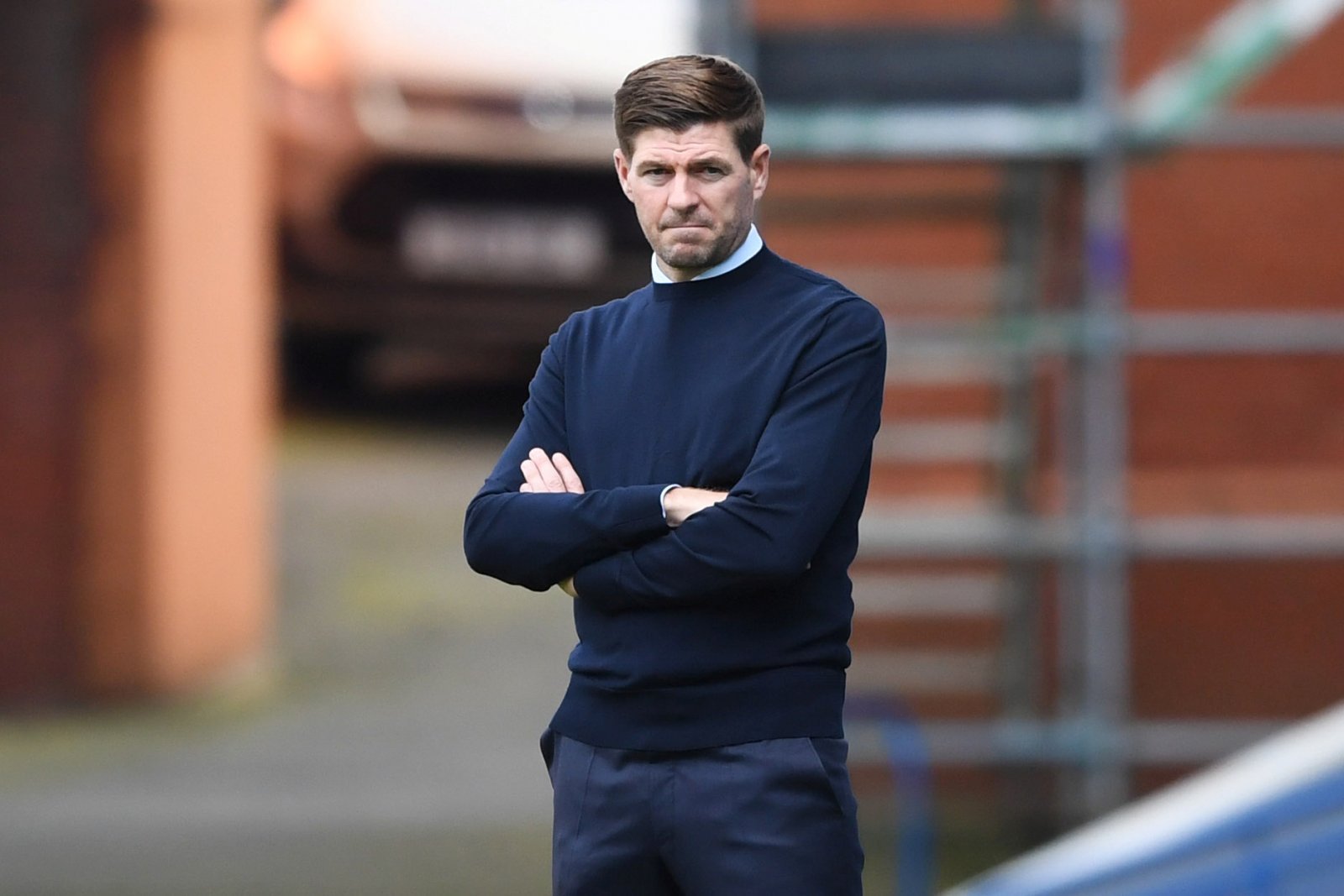
The case that has been thrown at me constantly since this story first raised its head at the weekend has been the curious case of Steven Gerrard.
Much as I would like to tell you that he defied the rules and got one in under the radar it’s not actually true.
This site was one of the first to actually flag the issue of Gerrard lacking a Pro License.
It was too good a story not to explore at the time, and the Celtic sites had a lot of fun with it.
The thing is, as we found out in short order, it was only half a story.
Gerrard didn’t have the qualification, although he’d enrolled on it ages before.
But the fact that he was enrolled on the course and had the A,B and C licenses was perfectly legitimate in the eyes of UEFA, and he was therefore eligible to do the job.
That’s the crucial line here; he was eligible to do the job.
I’ve heard the same applied to Lampard at the start of his management career and people have thrown a few other names at me.
Believe me when I say this …
None of them could have gotten to sit in the dugout unless, at the very least, their studies for the Pro Licence certification were already underway.
So Gerrard is a red-herring.
Do not listen to anyone who tells you that this situation is the same as that one because it isn’t.
Gerrard had every right to sit in the Ibrox dugout.
They didn’t need to lobby UEFA or anyone else, or undergo any kind of UEFA process.
He was qualified because he was already doing the course; that’s the reality of it, and so suggestions that he was granted some special status are manifestly untrue.
As we quickly established at the time, there was never the least problem for him or for the club, although we certainly enjoyed ourselves with it before that information came to light.
The two situations are in no way comparable.
The Curious Case Of Dundalk …
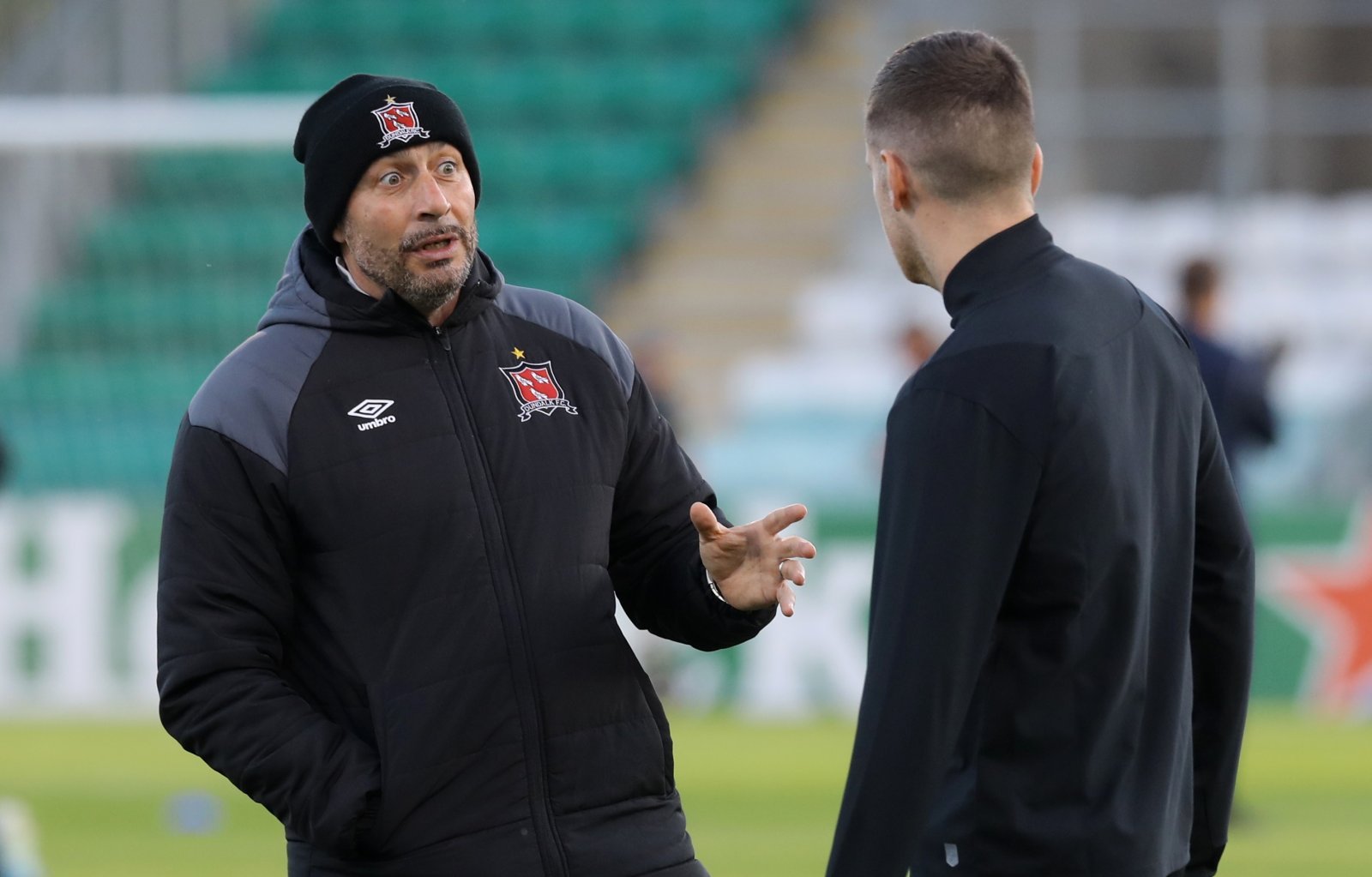
There is a weird situation in the League of Ireland regarding these matters; the Irish FA has a nod-and-a-wink attitude towards UEFA Pro License requirements and doesn’t push too hard on the door when it comes to their domestic game.
The club which best exemplifies this is Dundalk, and that got them into a spot of bother last year.
Now this story made headlines around Europe at the time, so it’s curious that no-one in the media has brought it up in relation to where we are right now.
Dundalk were, until August 2020, run by a guy called Vinny Perth.
He doesn’t have UEFA Pro License so the club ran “by committee” with him as one of the many voices on it.
They gave him a modest coaching role, but everyone knew he ran the team.
In an interview for OTB Sports, the Irish Independent journalist Dan McDonnell takes an odd story about Perth’s team travelling to Cork for a game …
“This is a strange old story, but in ‘League of Ireland Land’ we are used to it to some degree,” he said. “Vinny Perth was previously Dundalk manager but couldn’t be called manager and was head coach. It was a nod and a wink thing where everyone knew that Perth was ‘the boss’ but he couldn’t be called the manager.
“You go to the games, you look at the side-line and you know who is in charge. Players would talk about who is picking the team. There have been several situations like that in recent years.
“I remember a time when Dundalk went down to Cork to play them when they were really fierce rivals, and in the match programme John Caulfield went out of his way to welcome ‘John Gill and his team’. Everyone knew that there was a bit of niggle in that, but factually correct in the sense that Gill would have been listed in various forms.”
When Perth left the club, the guy who took over was another coach who didn’t have a Pro Licence.
For once the media has gotten a hold of this story; the Record interviewed the man himself last night, and he had a warning for Celtic and the fans.
His name is Filippo Giovagnoli; he took over the club in 2020 and immediately ran into trouble over this matter.
He got away with it in the league only because the Irish FA is a little loose on this because of the financial requirements of having to hire bosses with Pro Licenses … even then, clubs have to keep tit low key as it’s strictly forbidden.
The SFA will get no such leeway from UEFA, and they won’t pretend not to know what’s going on.
UEFA certainly don’t.
It’s in Europe, of course, where this matter will be most critical, as Giovagnoli points out.
“Ange can’t be on the bench for the Champions League unless he gets special dispensation – but how can they do that when I was banned? Trust me, it would be a disaster if he doesn’t have his Pro Licence. After the precedent they set with me they can’t let it happen. Dundalk were fined because of me so people would ask why they didn’t fine Celtic.”
The Scottish press will certainly ask, and although the club only got a fine for the initial offence – UEFA caught him shouting instructions at players – they were warned that the club would be banned from Europe if there was a repeat of it.
At that point, the League Of Ireland stopped letting him sit in the dugout, and he was jettisoned shortly thereafter.
This is a major precedent, and we would be mad to ignore it.
The Palermo Boss Who Never Bossed A Game.
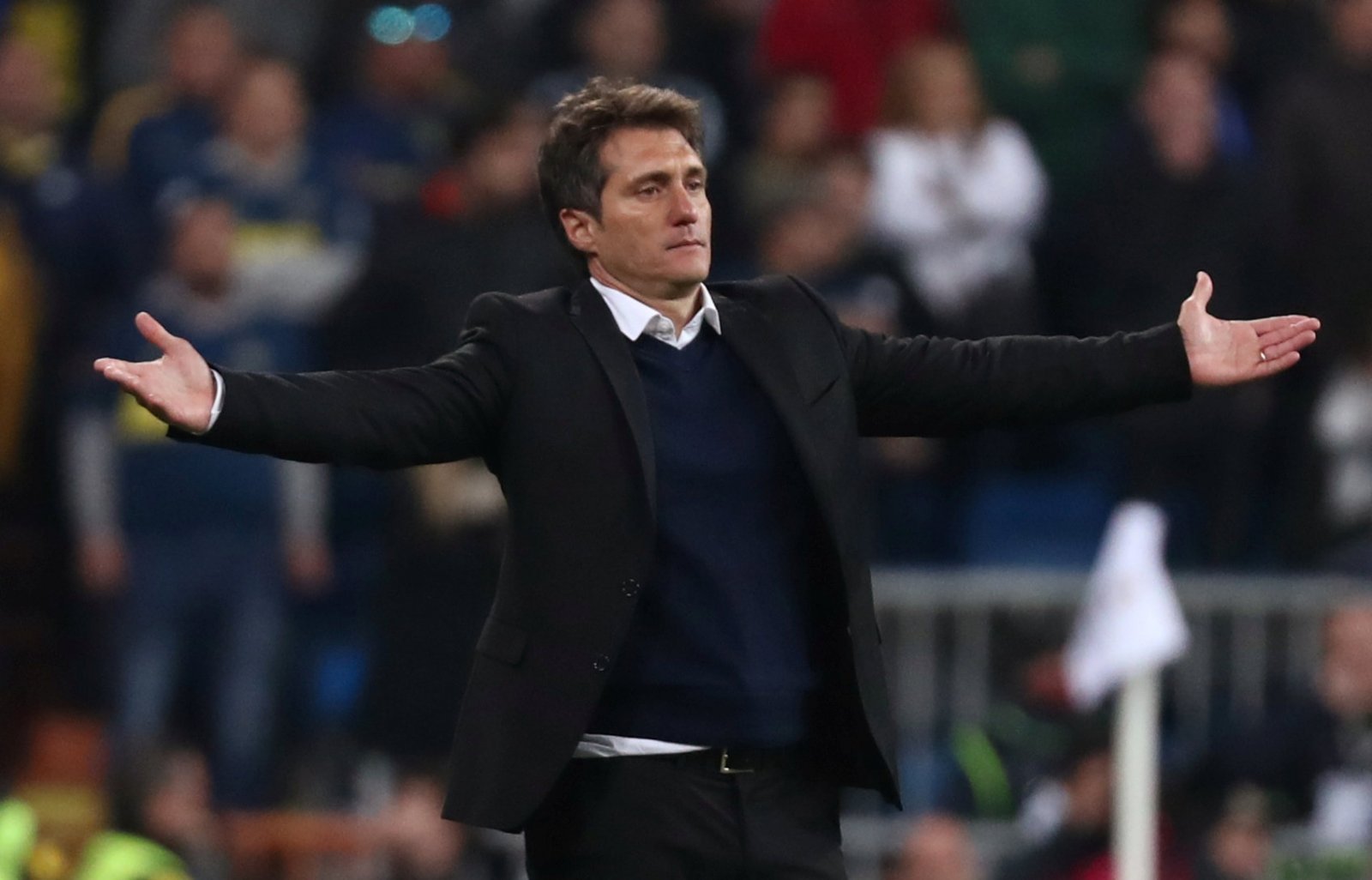
The Daily Record wasn’t quite so good on its facts the other day when they highlighted the case of the Guillermo Barros Schelotto as an example of how Celtic could “get around” the regulations.
See, those who are suggesting this need to remember that there’s nothing new under the sun; domestic leagues have seen all this before and UEFA has too.
In 2016, Guillermo Barros Schelotto was hired by Palermo.
They hired him on 11 January.
Within days UEFA told them they wouldn’t recognise his coaching qualifications and the Italian FA confirmed that this ruled out his playing a coaching role, and the club was forced to change his job title and appoint a new manager, Giovanni Tedesco.
They called Schelotto the “team manager” and Tedesco the “head coach.”
But UEFA weren’t going to accept that.
After three games, and with heavy pressure from the European governing body, Schelotto “voluntarily” stepped down and the club announced that they had terminated his contract on 10 February after UEFA refused to even consider his application for dispensation, in part because of the trick the club had attempted to pull.
I mean it’s technically possible that if the club wanted to they could come up with some system whereby Postecoglou managed the team in some way that didn’t trip the sensors at UEFA and the SFA but it would be perilous to say the least and if we got caught whatever processes were ongoing to get him the relevant paperwork would swiftly end.
It would be better not to try these people; they will win.
Kevin Muscat: The Precedent We Can’t Afford To Ignore.
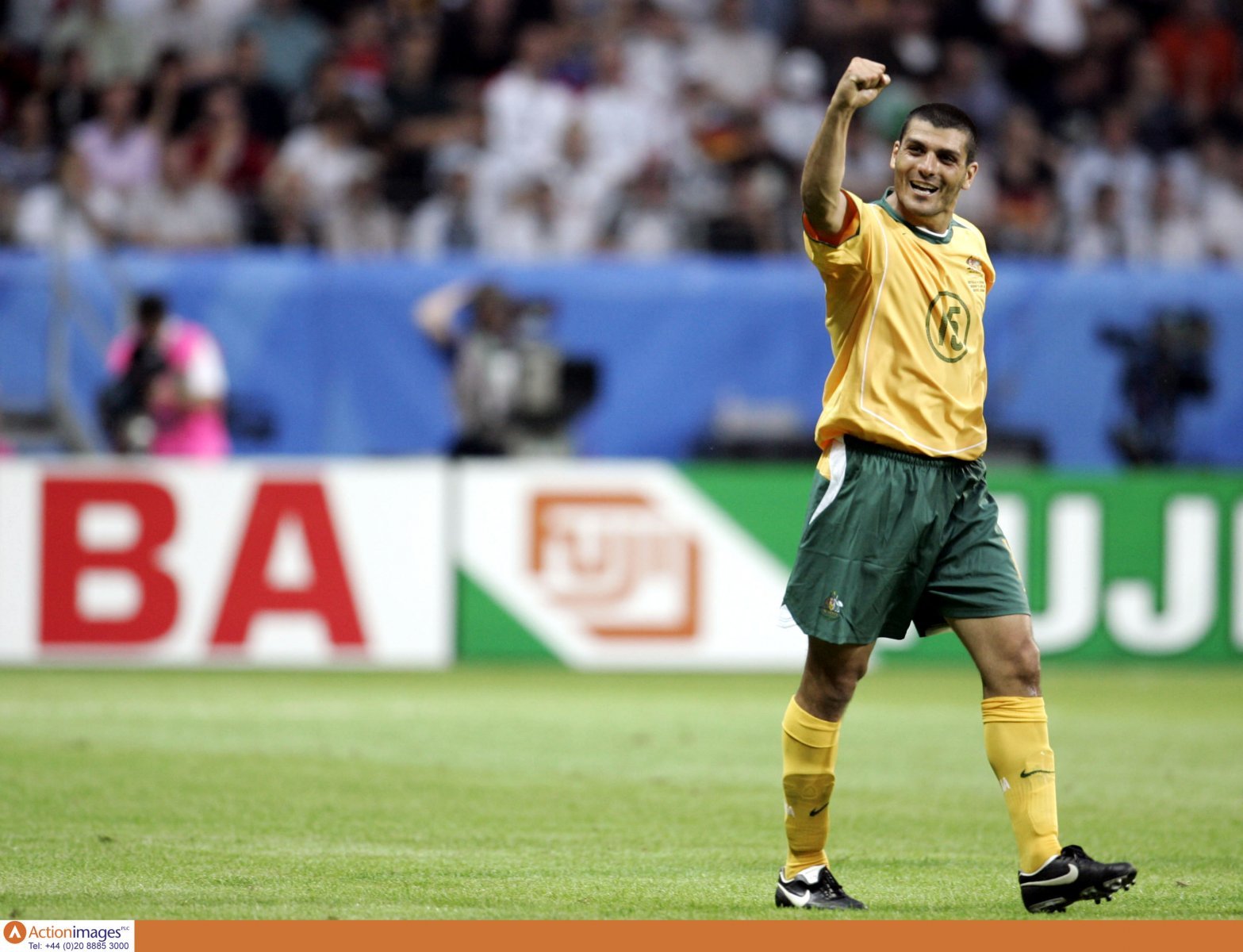
The third precedent is Kevin Muscat, and we cannot afford to ignore this one because he was coming from the same federation as Postecoglou, and indeed the same country.
I erroneously said the other day that he had his UEFA A,B and C badges; he didn’t, but the Aussie Pro certificate is recognised as a substitute for those and so he had at least one leg up.
Muscat was offered the job at Belgian top flight club St Truiden last year. He had the identical coaching qualifications as our presumed boss. He had experience in the domestic game over there.
The Belgians offered him the job, and swiftly realised that the process was going to take time.
Instead of terminating the deal they appointed him Technical Advisor.
He was not allowed to be on the training pitch or in the dugout.
He played no role in team coaching.
They did it right, they respected UEFA and the process.
All he was allowed to do was work on the playing system and design training sessions.
But his club didn’t play games or attempt any other work-around.
They played it straight, gave him a non-coaching job and started the process of getting him the qualifications he needed. He has glowing tributes, from people all over the game, including Postecoglou himself.
The Australian FA wrote him a glowing reference. It was meticulous.
And here’s the thing; in spite of all the boxes being checked, the process didn’t take several weeks at all. It took months. Yes, you read that right. It took months. Kevin Muscat was at the club for 11 months.
He managed only 14 games before he was sacked.
He spent less than six months actually doing the job of head coach, because of the time this took.
Now the SFA may do things better than the Belgian League – they initially refused to recognise UEFA’s Certification of Competence – but even so, anybody relying on this process taking a matter of weeks really ought to spend some time trying to get something done within a major bureaucracy.
There is no guarantee that this will be done swiftly.
So What Does All Of This Mean?
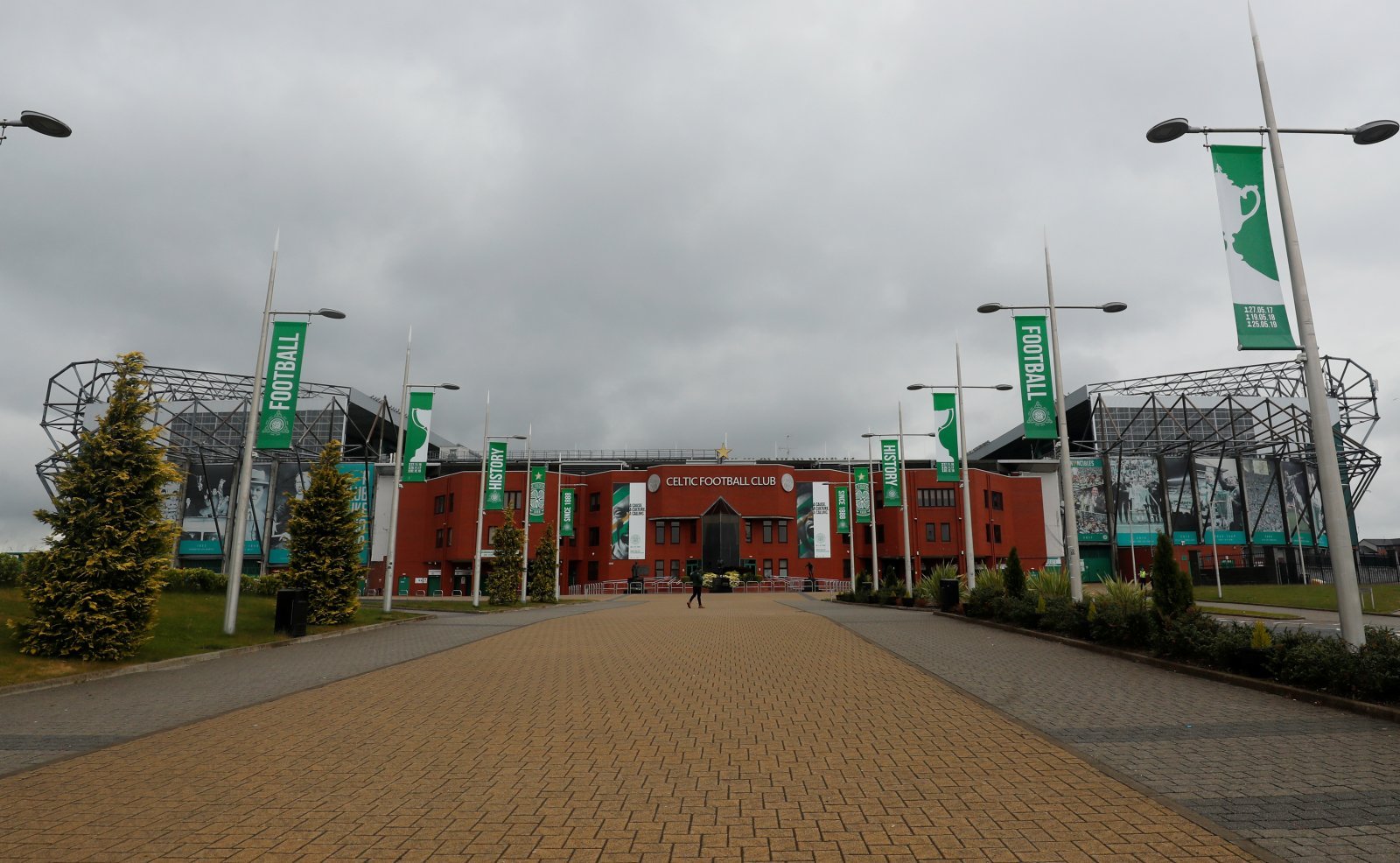
There are dangerous aspects of all three of the precedents I have mentioned in relation to our own situation. We can try, like Dundalk, to find a slippery way to do this, but we’ll get caught and then we’ll get punished. How hard we get punished will depend.
Dundalk never properly started the certification process, but Palermo were deep into theirs when they were caught breaking the rules and UEFA acted at once and without equivocation. The second they realised Palermo were trying to circumvent the rules they stopped the process dead, rejected his coaching application and that was that.
The Dundalk precedent is interesting for another reason.
Filippo Giovagnoli spent seven months trying to get onto a Pro License course; he said it was the global health crisis which prevented that.
Actually, these courses run only at certain times of the year, and the interview and screening process to get on one of them is rigorous because each has only a certain number of places.
Kevin Muscat had a similar problem, and that might be a significant problem.
Because if UEFA decides that the Certificate of Competence only extends so far – such as that it only covers a manager in domestic football but not in Europe – or that it only enables a club to hire him as a head coach but won’t actually let him run the team until he’s on a Pro License course, then we’re off to the races with a big, big problem.
Even if they don’t do either of these things, Muscat is the real precedent of concern because it was to be months, not weeks, before he was certified.
Even attempting some foolish work-around is patently dangerous, as the Belgians were well aware. They didn’t mess around, they found out what the exact limit of his duties involving the football operation might be and they let him handle those and only those until he was certified and good to go, and then, and only then, did he get to coach the team.
And in spite of great results in Australia and a great record there, Belgian football was a step too big for him and he lasted a mere 14 games.
What I’m saying is, don’t count on this being straightforward or easy or nothing to worry about. If they grant that Certification – and they will – but Postecoglou can’t get onto a Pro License course, I don’t think they’ll let him manage in European games.
The Muscat experience is why these rules exist. European football is the gold standard of the sport, and UEFA’s coaching badges are the pinnacle of accomplishment, because coaching in Europe is considered the absolute elite level of the game. We can argue the toss about that all we want; those are the rules as written by the European body, and they exist to protect the integrity of European coaching lest teams be flooded with unqualified amateurs.
It’s a realistic concern and they are right to take it seriously … and we would be right to take this seriously. All three of those cases are warning shots to us. We ignore them and the lessons of them at our peril.
